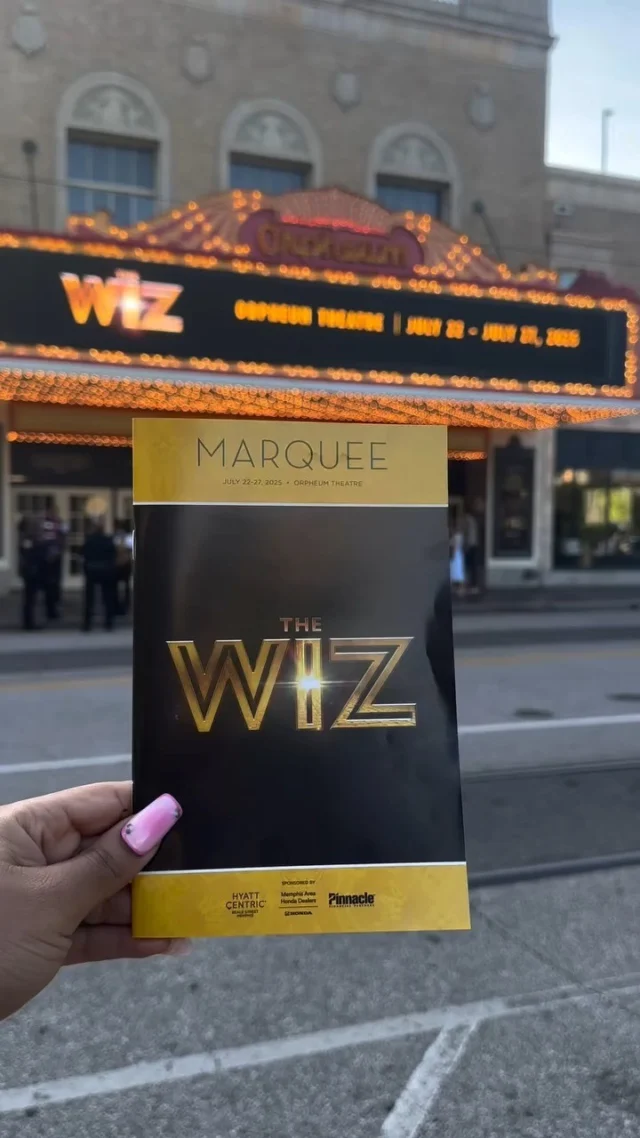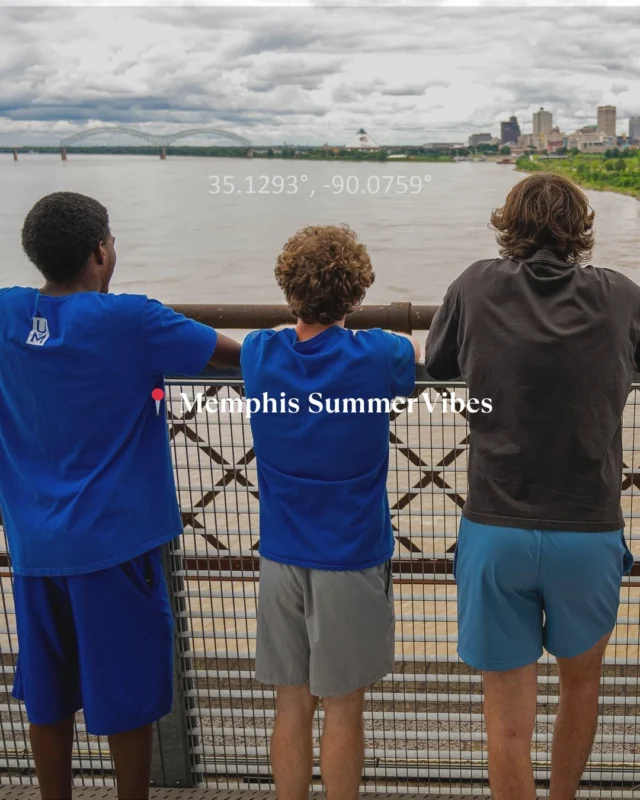Viewpoints
As Infrastructure Week 2024 continues, Blair Taylor, president of Memphis Tomorrow, shares the journey of Memphis from one of the country’s least connected cities to a model of equitable connectivity.
In the heart of the American South, Memphis is both a repository of rich heritage and history, and a beacon of resilience, innovation, and community spirit.
Today, this vibrant city is taking center stage in a crucial narrative about the transformative power of connectivity. As essential as water, gas, and electricity, high-speed symmetrical broadband—often hailed as the fourth utility—is reshaping the socioeconomic landscapes of cities across the nation.
The imperative of broadband as the fourth utility
Broadband is no longer a luxury but a necessity, underpinning critical services like health, education, and home-based businesses. It supports the modern workforce in upskilling, working remotely, and pursuing entrepreneurial ventures. And it is a generational solution, adaptable to both future applications and needs for data.
For businesses, fast, symmetrical, and reliable fiber broadband is critical. It enables advanced digital tools such as cloud computing, AI, and e-commerce, driving operational efficiencies and expanding market reach. Studies from The World Bank, The Federal Reserve, and Deloitte have all pointed to a direct correlation between increased access to broadband and significant rises in GDP and job creation.
The Memphis challenge: Bridging the digital divide
Even before the world was upended four years ago, many of us were aware, perhaps too complacently, of the inequities that defined our digital landscape.
In Memphis, the pandemic underscored a harsh truth: too many of our neighbors were left on the wrong side of the digital divide. Thousands of children were reduced to using temporary hotspots funded by federal relief dollars, pastors to delivering their Sunday sermons via late night public access television, and neighbors to potentially becoming permanently excluded from our digital society.
This was a wake-up call. Our great city needed to do better.
As with so many important journeys, Memphis’ road to digital equity started with a book. At the suggestion of a valued colleague, I plunged into Susan Crawford’s “Fiber: The Coming Tech Revolution – and Why America Might Miss It,” which advocates that fiber optic technology is a transformative force analogous to electricity a century ago.
In Memphis, we only had to look down the road for proof of this transformative technology: our neighbors in Chattanooga realized $2.69 billion in economic growth and more than 9,500 new jobs when fiber broadband became ubiquitous in that city.
But Memphis didn’t have the financial resources or expertise to build its own network, nor did we qualify for federal funds earmarked for rural digitization. So, we needed an innovative approach to making this essential infrastructure available to Memphis residents of all income levels.
The making of ‘the Memphis model’
What the Brookings Institute recently dubbed “the Memphis solution” emerged from a collective resolve to transform our city – city government, local business leaders, and non-profit civic organizations working together on behalf of all Memphians. It has spanned two visionary administrations: first Mayor Jim Strickland and today, Mayor Paul Young.
The model began with a simple yet bold initiative: incentivizing private investment in ubiquitous utility-like fiber broadband infrastructure.
On the advice of leading broadband industry experts, the City of Memphis first invited private telecoms companies to bid on supplying the city with fiber optic cables for non-commercial “Smart City” use, like intelligent traffic lights and water management tools. This request for proposals invited private telecom companies to also consider how they’d invest in designing and developing a fiber broadband network to serve residential and business needs.
Following this competitive pitch, the City of Memphis entered into an agreement with Blue Suede Networks, a local company owned and financed by Meridiam, a global leader in transformational infrastructure.
Building a network of this scale is expensive and has proven economically infeasible for many private companies. Beyond the cost of materials and labor, infrastructure developers often pay city fees to obtain legal access to the public areas where they’re constructing infrastructure. These fees can add significant costs to the total expenses of a project and can discourage developers from investing in new projects, especially in low-income communities.
So, Memphis’ City Council enabled an ordinance that waives these city fees for any telecom company willing to build a high-speed, symmetrical network that passes 60 percent of Memphis’ premises – including 60 percent of premises with low-income residents. With only 25 percent of current Memphis residents served by superior fiber broadband, this would be a game changer.
A public-private partnership to serve the whole community
This massive endeavor, the largest of its kind in our city’s history, signifies more than just technological advancement. It embodies a commitment to equity, education, economic development, and to the well-being of our community – today and for generations to come. It will enable Smart City applications that help communities operate safely and efficiently. And it can help make Memphis a healthy city.
By bringing together the public and private sectors, along with nonprofit and community organizations, we are embracing a holistic approach to solve a systemic issue.
Blue Suede Networks is collaborating with the city and local non-profit groups to develop and deploy a comprehensive digital literacy program, encompassing access, affordability, and adoption. Blue Suede Networks and its Ting ISP partner are aiming to connect low-income residents with service, devices, and equipment subsidies, provide specialized technical assistance and implement a rigorous digital skills training curriculum.
To ensure that multiple Memphis businesses and organizations benefit from the project from the start and throughout its duration, Blue Suede Networks is developing transparent minority/women-owned business enterprise partnerships, collaborating with local workforce development organizations to hire local talent, and is implementing workforce development training programs for highly skilled technical roles in partnership with local organizations.
Transformative impacts and future prospects
A few weeks ago, just four short years after students did their schoolwork through the imperfect band-aid of temporary hotspots, Memphis Mayor Paul Young broke ground on Blue Suede Networks’ citywide fiber network.
The journey of Memphis from one of the country’s least connected cities to a model of equitable connectivity embodies the profound impact of visionary leadership and innovative public-private partnerships.
Memphis is now poised to redefine what it means to be a connected, resilient, and equitable community in the 21st Century. The ongoing deployment of this network promises to bridge the digital divide and catalyze economic growth, enhance educational opportunities, and improve healthcare outcomes. So, this is not just about connectivity, it’s about opening doors to a future where every Memphian can thrive.
As Memphis strides into a future marked by inclusivity and connectivity, the Memphis model serves as a blueprint for other cities grappling with similar challenges.
It demonstrates that with creativity, collaboration, and commitment, transformation is within reach. It is a testament to what can be achieved when a community comes together, driven by a shared vision and purpose. It is an investment in hope, unity, and endless possibilities for the future.
Blair Taylor is President of Memphis Tomorrow, an association of CEOs of Memphis’ largest businesses working to promote opportunity and quality of life for all Memphians through public-private partnership. The organization was founded in 2001 to expand engagement by business CEOs in building a better future for Memphis and its people.
This article was originally featured at “bbcmag.com“
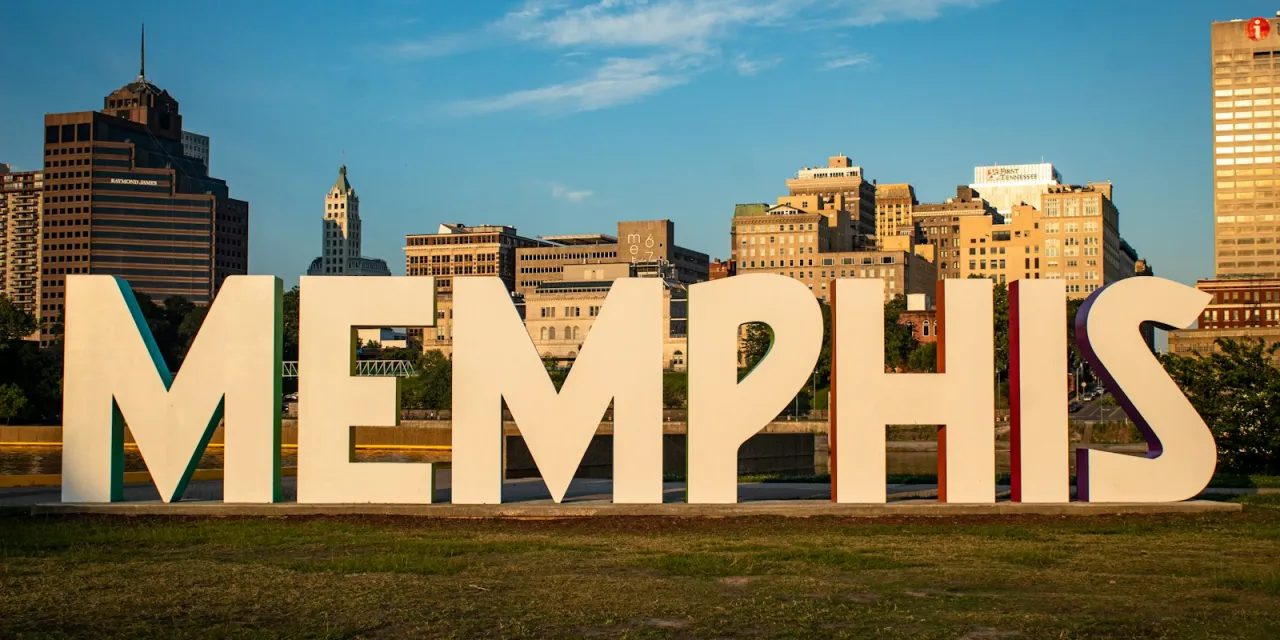















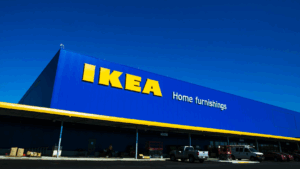


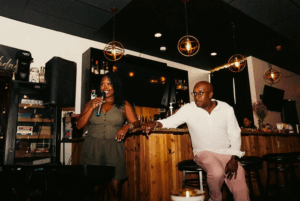







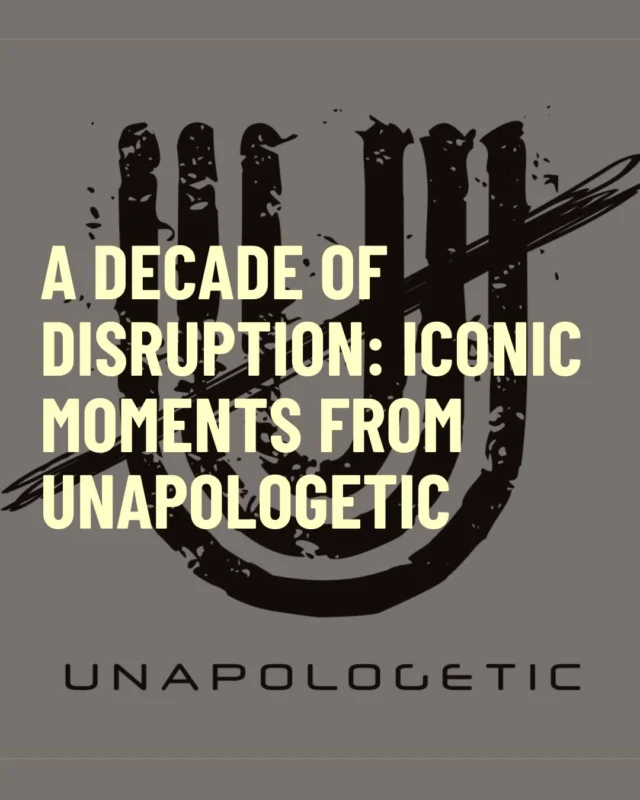


![The countdown is ON, Memphis! We’re officially 30 days out from the @unitememphis 5K + 1-Mile Walk/Run—and this year, we’re stepping into unity on 901 Day 🙌🏽
📍 Monday, September 1 | National Civil Rights Museum
🕘 Start time: 9:01AM
🎶 Food, music & fun to follow
Whether you’re walking or running, this isn’t just a race—it’s a movement. And there’s no better time to join in than now. 👟✨
🎓 COLLEGE STUDENTS: Be one of the first 100 to register using your .edu email with promo code NEXTGENUNITE and your ticket is just $10 (that’s a $32 savings 👀). Limit 2 per person, so tell a friend!
Let’s walk. Let’s run.
Let’s #UniteMemphis 💛
🔗 [link in bio]](https://wearememphis.com/wp-content/uploads/sb-instagram-feed-images/526805187_18335272954206022_6056852028660485499_nfull.webp)
